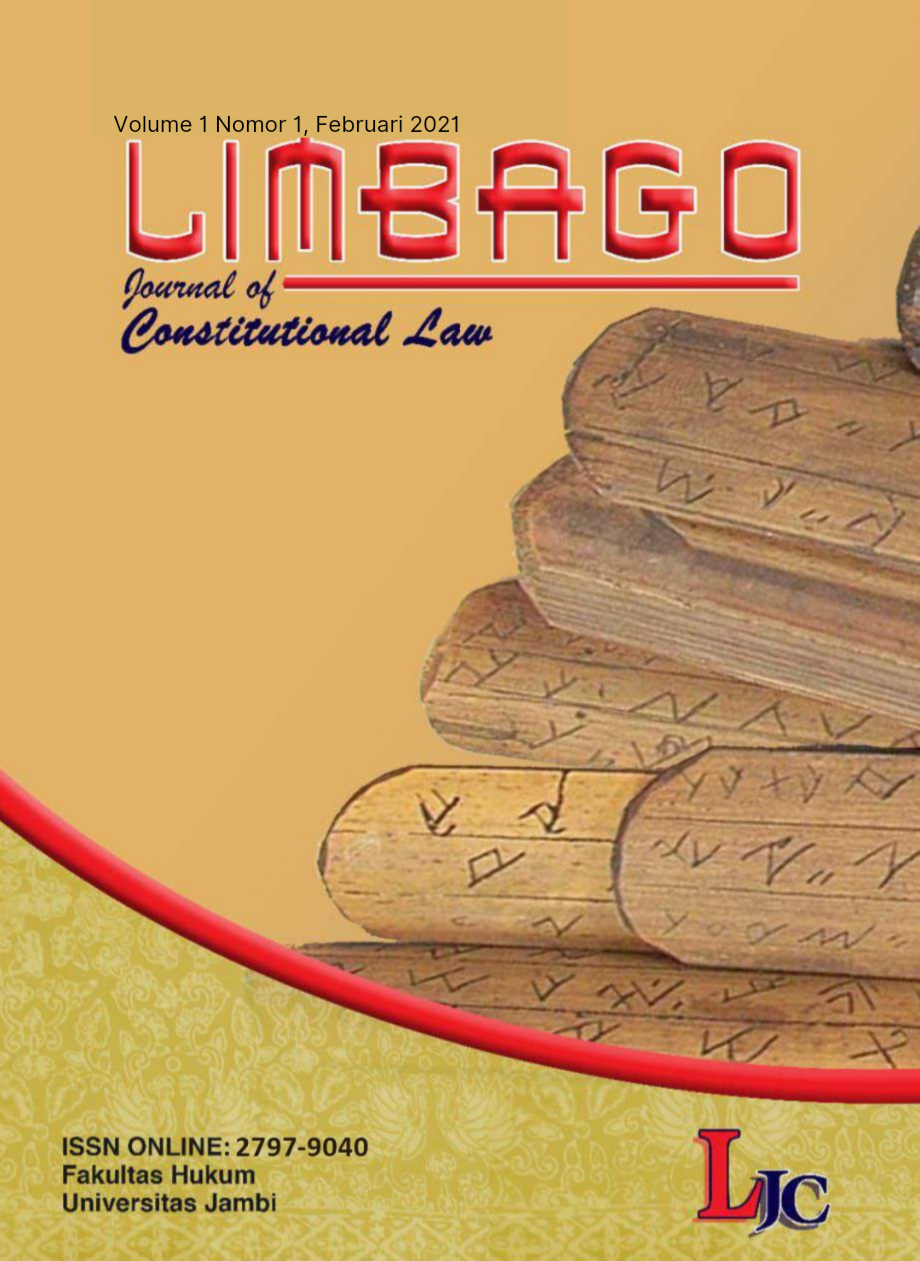PUTUSAN ULTRA PETITA MAHKAMAH KONSTITUSI: MEMAHAMI FENOMENA HOLISTIK PENEMUAN HUKUM (RECHTSVINDING) YANG PROGRESIF
Main Article Content
Abstract
One of the breakthroughs of the Constitutional Court that succeeded in breaking the legal rigidity lies in the courage to issue an ultra petita decision as an effort to find the law (rechtssvinding) made by the judge in progressive thinking. The purpose of this study is to determine the legal considerations of the Constitutional Court in issuing ultra petita decisions, and to find out how the implications of these decisions have on the development of progressive law in Indonesia. By using normative legal research the final results of this study show that the doctrine of the prohibition of ultra petita for the Constitutional Court judges is not generally accepted and absolutely. By using philosophical, theoretical, and juridical considerations it can be said that the Constitutional Court is justified in issuing ultra petita decisions that can be accounted academically and in accordance with the constitution and state law (State Law). Reflecting on the decidendi ratio of the ultra petita decision of the Constitutional Court, basically it was done by referring to the legal principle in the world of judicial power known as dominus litis, which requires the judge to actively seek and find justice as an independent judicial power to administer justice in order to enforce the law and justice. The meaning of justice is not just procedural justice (procedural justice) but also substantive justice (substantive justice) and constitutional justice (constitutional justice)
Downloads
Article Details

This work is licensed under a Creative Commons Attribution 4.0 International License.
All writings published in this journal are personal views of the authors and do not represent the views of this journal and the author's affiliated institutions. Author(s) retain copyrights under the licence of Creative Commons 4.0 International (CC BY 4.0).Â

